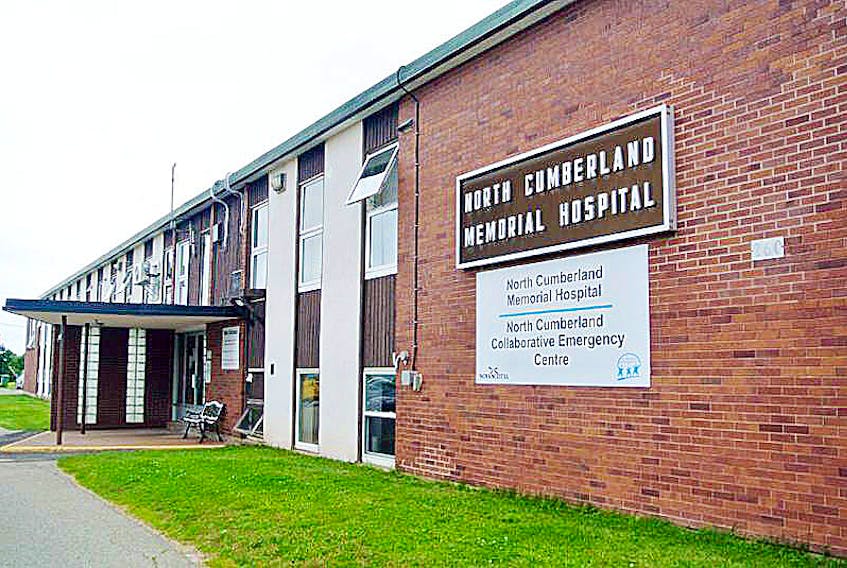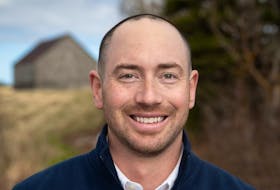PUGWASH – If you showed up at the emergency department of one of northern Nova Scotia’ four rural hospitals during daylight hours in October there was about a 50 per cent chance that it was closed.
An acute physician shortage has meant constant closures of the emergency department at hospitals in Parrsboro, Pugwash, Springhill and Tatamagouche.
“We are struggling to provide coverage,” said Dr. Bill Lowe, department head of family practice for the Nova Scotia Health Authority’s northern zone.
The closures aren’t for the entire hospitals – only physician care in the emergency departments. Primary care by appointment has still been available.
What’s going wrong depends on who you ask.
If you ask former board members of the regional health authorities that existed prior to amalgamation in 2015, they blame centralization.
“When we were dissolved here we had pretty well a full compliment of specialists and doctors and nurse practitioners,” said David Gray, a former board member of the Cumberland Health Authority and a current member of the Pugwash Village Commission.
“It was basically because we were able to do our own recruiting.”
Over the last two years Pugwash has gone from having three full time doctors to one full time and one part-time. Meanwhile Parrsboro, which went two years without an emergency room closure under the Cumberland Health Authority, now only has one doctor.
Springhill has four full-time family physicians and one part-time bringing it near its full compliment of six. Despite this its emergency room was closed about half the time in October because only two of its doctors have the training and experience required.
“A number of them came through the internationally trained program so they have been assessed for family practice but not emergency care,” said Dr. Lowe.
For its part, Tatamagouche is doing fairly well with four full-time doctors.
The closures at the emergency rooms have only affected daytime hours – from 8 p.m. to 8 a.m. they are staffed by a nurse and a paramedic who are able to consult with doctors at other locations around the province.
Without enough doctors to even staff the daytime shifts, the health authority has been relying on locums.
“But right now there is a lot of demand for locums across the province,” said Dr. Lowe.
“You look at the competing pressures as you have fewer and fewer family physicians in the province and more opportunities to do locums in less remote areas like HRM.”
Bruce Saunders, former chair of the Cumberland Health Authority, blames it on recruitment.
“I really think a lot of this should be place back into the hands of the local communities,” said Saunders.
“It’s one thing to attract a doctor, it’s another thing to make them feel at home.”
Saunders said that when the Cumberland Health Authority took over health care from centralized system in 2001, the regional hospital in Amherst only had eight specialists and there were 33 nursing vacancies.
He said that the regional health authority was able to bring that up to 22 specialists at the Cumberland Regional Health Care Centre and a full nursing compliment by 2015 when administration was once again centralized.
“I’m really concerned,” said Saunders, adding that it’s not just the rural hospitals that are threatened.
“If you look at Amherst – it’s one of the smallest regional sites in the province. You don’t need to pull too many pegs out of board before things fall apart.”
Lowe said that he couldn’t speak to recruitment and retention under the old system as he has only worked in his current job since 2015. However, he attributed the current shortage to broader trends - that Nova Scotia is graduating fewer physicians than are leaving the province and retiring.
He added that few of the young doctors graduating today want to live in rural Nova Scotia.
“It would be better if we were training more doctors who grew up in rural Canada,” said Dr. Lowe.









